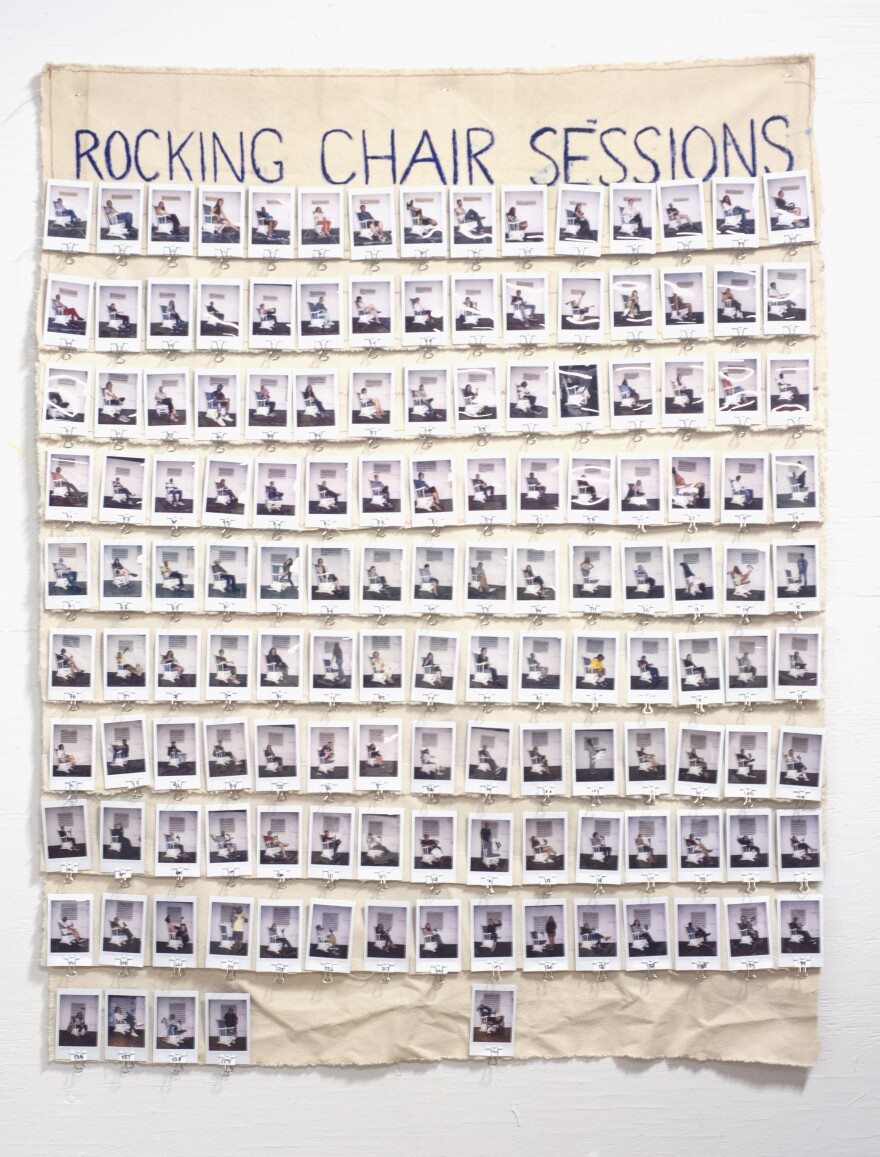On this Wednesday, Sept. 16, episode of Sundial:
Who Gets To Vote In Florida
We are a little more than six weeks away from November’s general election. There are a lot of questions about whose votes will be counted in Florida — and who will be able to cast a ballot.
Last week, a federal appeals court ruled that Floridians with felony convictions will be required to pay back all fines and fees before regaining their right to vote.
WLRN is committed to providing South Florida with trusted news and information. In these uncertain times, our mission is more vital than ever. Your support makes it possible. Please donate today. Thank you.
It’s the latest in a series of legal challenges to felon voting rights in the state, which were to be restored after voters overwhelmingly approved Amendment 4 in 2018.
“There’s a lot of states that have experimented and are doing various things like that to keep [voter] turnout low and to make it harder to vote. But Florida is really an outlier, or a leader really, a leader in the field it’s been at this for almost 20 years,” said Dexter Filkins, a staff writer for the New Yorker.
We spoke with Filkins about his latest piece, a look at how the Amendment 4 legal battle is part of a decades-long intentional effort by Republican leaders in the state to tighten ballot access.
Veterans And COVID-19
Three thousand veterans in the U.S. have died from COVID-19 so far this year. Only about a thousand less than the 4,400 U.S. soldiers who have died in the Iraq War since 2003.
Many veterans are particularly vulnerable to the virus. Some are suffering from health conditions that put them at risk and can be traced back to the time they served. And for those suffering from PTSD, social isolation poses an entirely new set of challenges.
“We know that vets are resilient, that they are often the ones during this time taking care of others, taking care of their families and loved ones,” said Dr. Jennifer MacDonald, the chief consultant to the Veterans Health Administration’s Deputy Undersecretary for Health.
She encourages veterans to reach out to the VA during this time.
“We were taught to be self-sufficient and to have pride on what we did and everything. A lot of times we think that we can just handle it on our own and that it’s weakness to reach out,” said Isabel Romero, a veteran who is now mentoring others through Operation Sacred Trust, a nonprofit organization that helps veterans transition out of homelessness.
“It’s not weakness, it’s not shameful, it’s assistance that’s there for you because you served our country,” she adds.
Local organizations have stepped up to help veterans who have fallen through the cracks of bureaucratic systems like the VA.
“The veterans that we serve were already, before COVID, surviving on the very edge of life, really treading water, living often from day to day, week to week,” said Seth Eisenberg, the president and founder of Operation Sacred Trust. “Almost every veteran we work with has underlying health conditions, for some of them they’re visible ... for many they’re invisible. Often these invisible wounds of war are greatly exacerbated when you throw in the kind of challenges we’re facing with COVID-19.”
We spoke with Eisenberg, MacDonald and heard from veterans in South Florida about the challenges that pandemic has brought on to those who served.

Rocking Chair Sessions With South Florida Artists
Artists in South Florida have countless stories to tell.
A local podcast is documenting those stories by inviting artists to sit in a rocking chair and share their tales of struggle, triumph and everything in between. It’s part conversation and part therapy session.
Maria Theresa Barbist and Elysa D. Batista are the hosts. They were inspired by the diversity of artists that call South Florida home so, a few years ago, they started the Rocking Chair Sessions podcast.
“We need to capture these stories. We need to listen. We need to be able to have this for future generations," said Batista, when talking about a podcast episode they did with artist and curator Bernice Steinbaum.
We spoke with Batista and Barbist about their podcast and the arts community during this pandemic.





